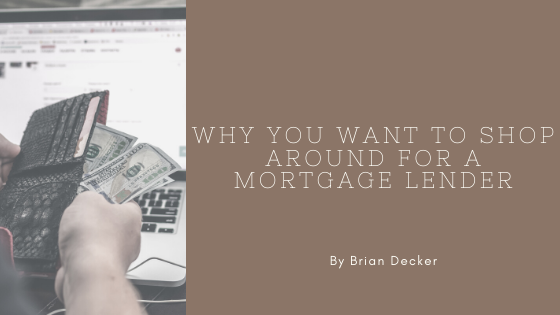A home may be the largest single purchase that many consumers will make in their lifetime. As such, it will also generally take the longest to pay off. When taking out a loan to buy a home, the lower your interest rate, the less you will pay for your home over time.
Each month, the first portion of your payment goes towards the interest that has accumulated since your last payment, and whatever is left goes towards paying down the principal. The lower your interest rate, the less you spend each month on interest. The less money that must go towards interest, the more you can put towards carving away at your principal; in short, with a lower interest rate, you can pay off your loan at a faster rate.
Unlike car loans or any other type of consumer loan, mortgages have a number of different variables that can end up saving you thousands if not tens of thousands of dollars on the cost of your home. The less you pay for your home to begin with, the more profit you make when it comes time to sell. Some of the potential variables include fixed-rate versus adjustable-rate mortgages and conventional versus government-backed mortgages.
Consider two people that both buy a $100,000 condominium with all the same fees and expenses, but one takes out a 20-year mortgage with a fixed rate of 3.5% interest while the other takes out the same loan at 4%. If they were to both pay off their loans in full, the person with the 3.5% interest rate would only end up paying a little over $125,000 for their property while the person paying 4% interest would pay almost $131,000. This is why it is so important to shop around for a mortgage when it comes to interest rates.
Shopping for a mortgage means applying to several different banks and lenders for a mortgage. Every lender will have slightly different criteria by which they determine the ultimate interest rate that they offer you. In some cases, you may also have two lenders that are offering the same interest rate but one offers more favorable terms. Understanding the ultimate cash value of different rates and terms can be confusing, which is why many buyers choose to work with a mortgage broker. Regardless of whether you work with a broker or not, getting as few as 5-6 different offers from different lenders can save you thousands.

